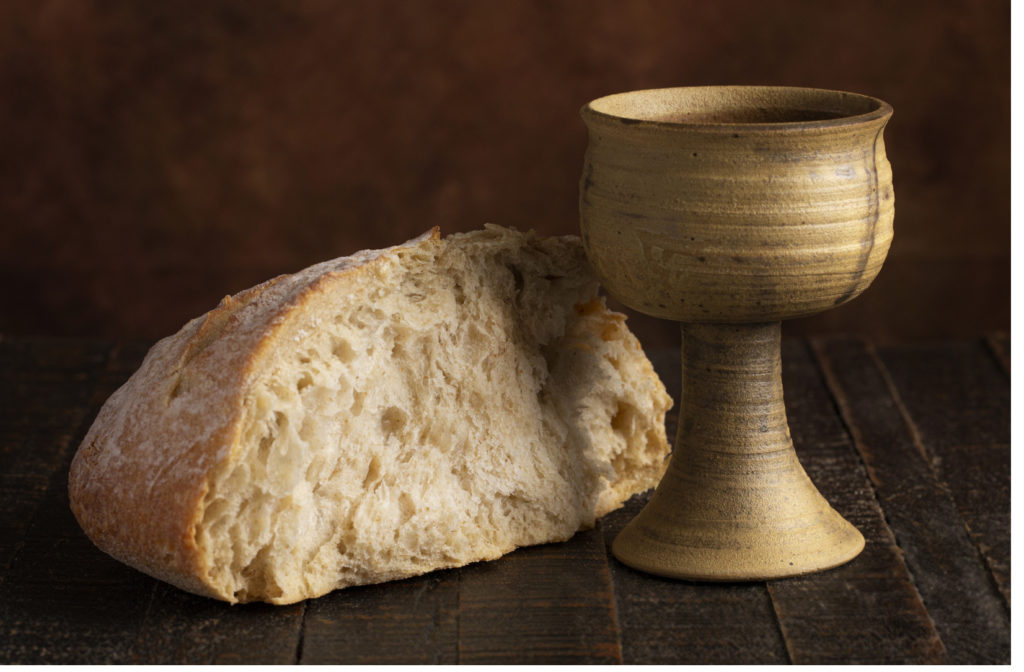
HOSPITALITY
A Reflection from the Interpath Traditions
by Thomas P. Bonacci, C.P.
January 15, 2022
The Sufi poet, Rumi, composed a beautiful poem in which all peoples of the World would one day sit down and enjoy a great feast together. He envisioned a table delightfully set, waiting for us to stop fighting and join in the feast. If you ever have the chance to savor Rumi’s, One Song, seize the opportunity.
Isaiah imagined the fulness of time as a moment of hospitality when the Nations would come as cherished guests to the table of the Lord (consider Isaiah 25: 1-10 thoughtfully and prayerfully).
Many faith traditions have hospitality at the core of their self-understanding of what it means to be blessed by God and live in peace. For many, the principal belief is the dignity of each and every person. The Divine is lovingly manifested in everyone, whether they know it or not. Therefore, everyone should be treated accordingly with respect, welcome, and gracious hospitality.
To name a few, Rumi, Isaiah, and Jesus dared to see other people as friends rather than enemies. They saw others as children of the Divine and treated them as such.
In the Gospel of Mark, there is a powerful story about the radical hospitality of Jesus. He enters into the house of Levi, who is notorious since he oppresses even his own people by engaging in extortion (see Mark 2: 13-17).
The willingness of Jesus “to dine with sinners and outcasts” disturbs the powerful and self-righteous. The religious officials are beside themselves as Jesus makes friends out of their enemies.
Jesus was not afraid to meet others with openness of mind, heart, and soul. He was not afraid of rejection from the powerful because of his acceptance of the powerless. It was not enough for Jesus to simply meet those others feared. He ate with them and enjoyed their company. He broke bread with the broken-hearted.
Jesus was broken by the powerful because he welcomed the broken unconditionally. Unfortunately, sometimes we reject one another. We break the bonds of friendship. We allow our political and religious disagreements to nullify our ability to understand, forgive, and love. We sometimes refuse to sit at the table.
The story of Levi and the company of sinners is a transformative narrative. Yet, nowhere in the text does Levi repent. Jesus makes no such demand of Levi or the community of sinners. Instead, Jesus brings his hunger to the table. He hungers for the bread of friendship and the drink of hospitality. Graciousness is the story of his soul. We must eat of the bread of this wisdom if we desire to be people of unbounded graciousness and hospitality.
Blessings to you, Holy Community, for all the times you graciously came to the table eager to love, willing to forgive, and desiring to make a friend.
Notice
As things begin to return to a new normal, we at The Interfaith Peace Project are here for you in any way that you need us. The Antioch Center is now open to fully vaccinated people on Wednesdays, from 11:00 am to 2:00 pm. We are vigilant and will adjust to any and all recommendations from the state and county. We will continue our work through Zoom as we add in person programs. If you would like to schedule an in person or Zoom program or would like a phone appointment with any of us, give us a call. You may call or email Tom at:
Tom Bonacci
925-787- 9279


Off